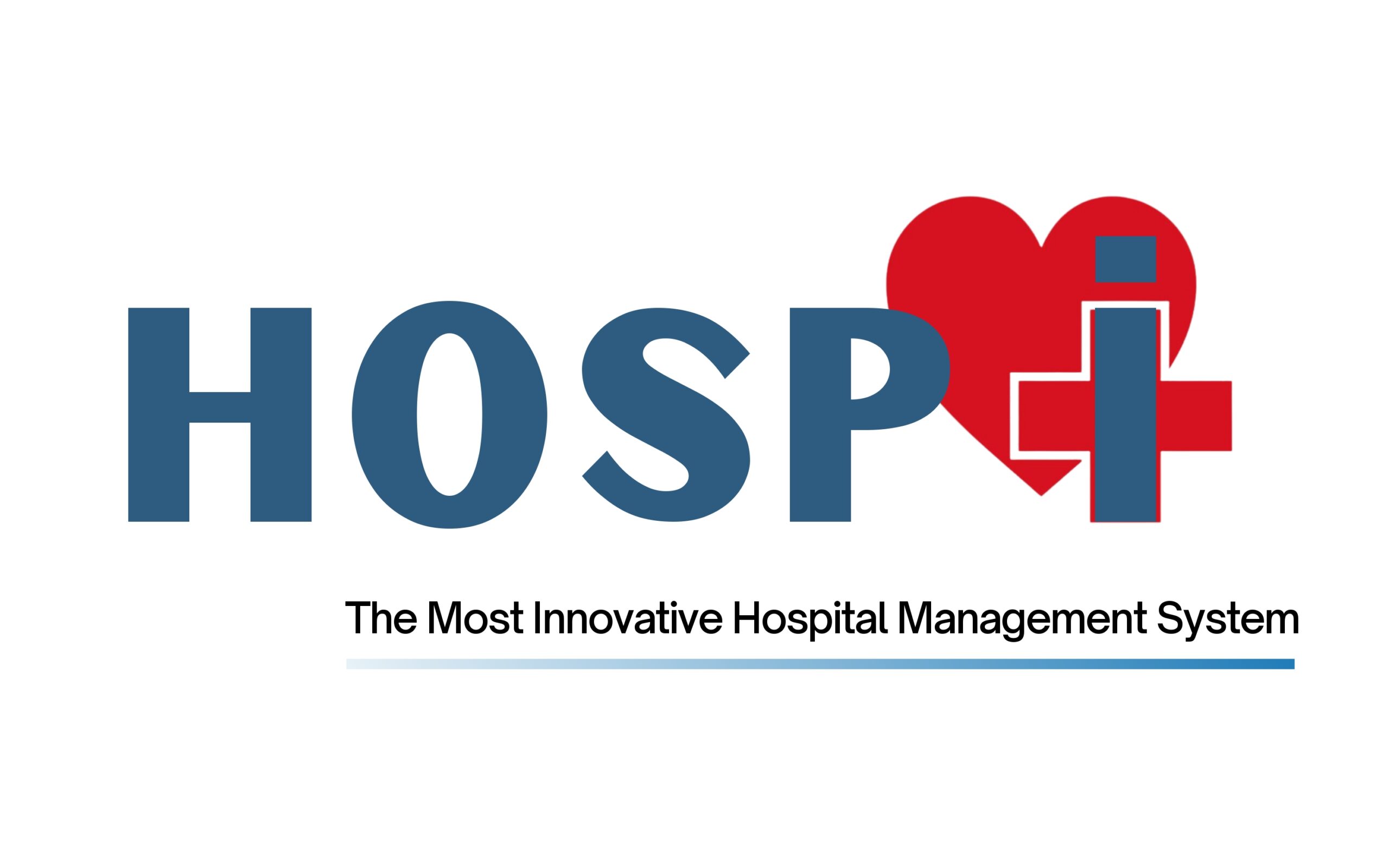Building a Team for Better Hospital Operations Management
Effective hospital operations management is critical in ensuring quality healthcare services, efficient resource utilization, and patient satisfaction. Behind every successful hospital lies a well-coordinated team that manages various operations seamlessly. Building such a team requires strategic planning, identifying the right individuals, fostering collaboration, and leveraging technology. This article delves into the nuances of creating and maintaining an efficient team for hospital operations management.
Understanding the Importance of a Strong Operations Team
Hospital operations are multifaceted, involving everything from patient admissions to discharge, inventory management, staff scheduling, and compliance with healthcare regulations. Each of these components plays a crucial role in ensuring smooth day-to-day functioning. Without a cohesive and skilled operations team, inefficiencies can lead to delays, increased costs, and dissatisfaction among patients and staff.
A strong operations team ensures that:
- Patients receive timely and high-quality care.
- Resources like equipment, beds, and staff are optimally allocated.
- Administrative processes are streamlined to reduce bottlenecks.
- The hospital complies with safety, quality, and legal standards.
Key Roles in a Hospital Operations Team
Building a well-rounded operations team starts with identifying key roles. While the size and structure of the team depend on the hospital’s size and specialty, certain roles are indispensable:
- Operations Manager: Oversees the daily functioning of the hospital, ensuring all departments work harmoniously.
- Administrative Staff: Handles patient registrations, billing, and records management.
- Clinical Coordinators: Ensure medical staff and resources are scheduled efficiently.
- Supply Chain Managers: Manage inventory and procurement of medical supplies and equipment.
- IT Specialists: Maintain and optimize healthcare management systems, ensuring data security and seamless operations.
- Quality Assurance Officers: Monitor compliance with healthcare standards and patient safety protocols.
Steps to Build an Effective Operations Team
1. Define Roles and Responsibilities Clearly
Ambiguity in roles often leads to inefficiency and duplication of work. It is essential to create clear job descriptions that outline responsibilities, reporting structures, and expected outcomes.
2. Hire the Right Talent
Recruitment plays a vital role in building a capable team. Look for candidates with relevant qualifications, experience in healthcare, and the ability to adapt to a fast-paced environment. Soft skills such as communication, problem-solving, and teamwork are equally important as technical expertise.
3. Invest in Training and Development
Hospitals operate in a dynamic environment with constantly evolving technologies and regulations. Regular training sessions help employees stay updated on the latest industry trends and enhance their skill sets. Encourage cross-training to ensure team members can handle multiple roles during emergencies.
4. Foster a Culture of Collaboration
Collaboration is the cornerstone of a successful operations team. Encourage open communication between departments, regular meetings to discuss challenges, and team-building activities to strengthen interpersonal relationships. A united team is better equipped to address operational issues swiftly.
5. Implement Technology and Tools
Modern healthcare management heavily relies on technology to streamline operations. Tools such as hospital management software (HMS), electronic health records (EHR), and real-time inventory tracking systems reduce manual work and errors. Equip your team with the right tools and ensure they are well-trained in using them effectively.
6. Focus on Patient-Centric Operations
Ultimately, hospital operations revolve around patient care. Incorporate patient feedback into operational decisions to address pain points and improve the overall experience. Encourage the team to prioritize patient satisfaction in every aspect of their work.
7. Monitor Performance and Provide Feedback
Regular performance reviews help identify areas of improvement and acknowledge achievements. Use key performance indicators (KPIs) such as patient wait times, staff efficiency, and resource utilization rates to measure success. Constructive feedback motivates the team to perform better and fosters a culture of accountability.
Overcoming Challenges in Team Building
While building a strong operations team is essential, it comes with its own set of challenges:
- Talent Shortage
The healthcare industry often faces a shortage of skilled professionals, making recruitment difficult. Hospitals can overcome this by partnering with academic institutions, offering internships, and providing competitive salaries. - Resistance to Change
Introducing new technologies or processes can meet resistance from staff accustomed to traditional methods. Address this by involving the team in decision-making, highlighting the benefits of change, and offering adequate training. - Budget Constraints
Budget limitations can restrict hiring and technology adoption. Optimize resource allocation by prioritizing critical roles and investing in cost-effective solutions that deliver maximum value. - Maintaining Work-Life Balance
Hospital operations can be demanding, leading to burnout among staff. Create policies that promote work-life balance, such as flexible schedules, adequate breaks, and access to mental health resources.
The Role of Leadership in Team Success
A strong operations team needs effective leadership to thrive. Leaders set the tone for the team’s culture, guide decision-making, and resolve conflicts. They should be approachable, empathetic, and capable of inspiring their team to excel. Key leadership practices include:
- Empowering Team Members: Trust the team to make decisions and take ownership of their roles.
- Encouraging Innovation: Foster a mindset of continuous improvement and welcome new ideas.
- Recognizing Efforts: Celebrate achievements to boost morale and motivation.
Case Study: Successful Hospital Operations Team
Consider the example of a mid-sized hospital that revamped its operations team to address inefficiencies. By recruiting a dedicated supply chain manager, implementing a robust hospital management system, and conducting monthly training sessions, the hospital achieved:
- A 20% reduction in patient wait times.
- Improved staff satisfaction through better scheduling.
- Enhanced compliance with regulatory standards.
This transformation highlights the impact of a well-planned and cohesive operations team on overall hospital performance.
Conclusion
Building an effective team for hospital operations management is a strategic process that requires careful planning, continuous development, and a patient-centric approach. By focusing on clear roles, collaboration, technology integration, and strong leadership, hospitals can create teams that drive efficiency and deliver exceptional care.
Investing in the right people and processes not only ensures smooth daily operations but also positions the hospital as a trusted institution in the healthcare landscape. With a strong operations team, hospitals can confidently navigate challenges and achieve their mission of saving lives and improving health outcomes.


